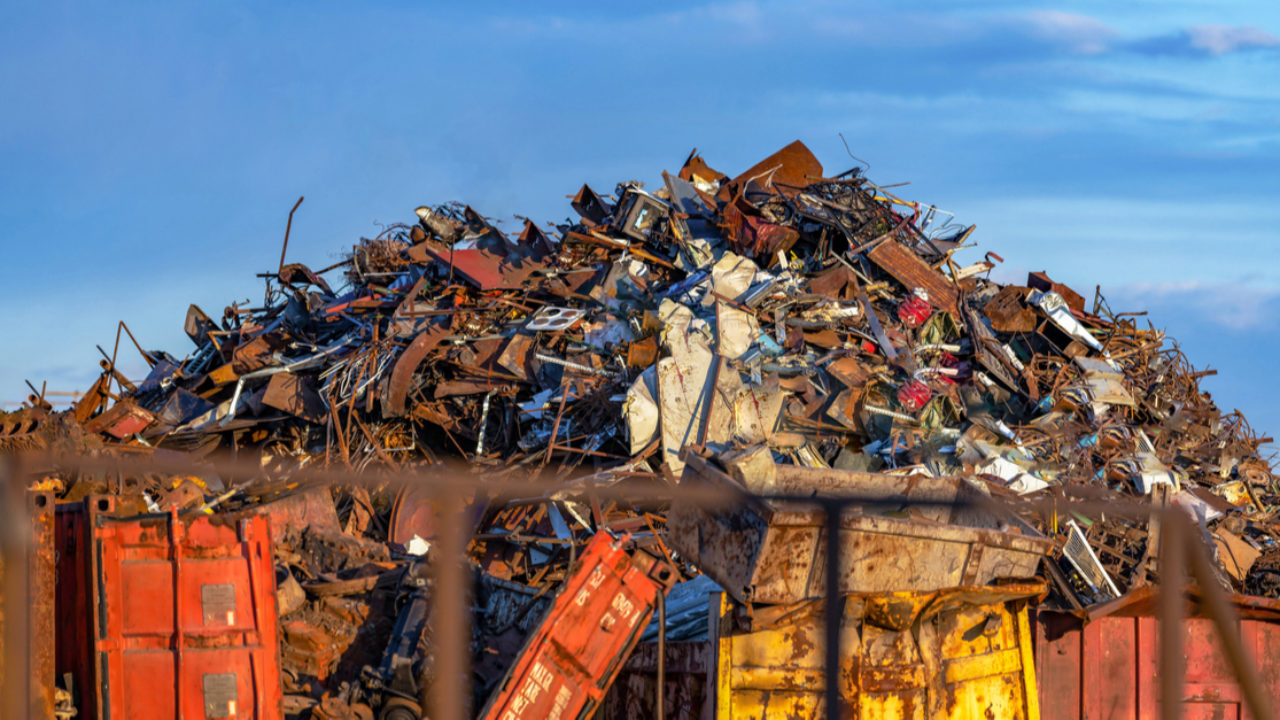
Why do you need scrap metal recycling
- February 15, 2024
- Cassandra Hudson
- 0 Comment
Scrap metal recycling is a critical and essential practice for several compelling reasons, ranging from environmental conservation to economic and energy efficiency. Here are some key reasons why the recycling of scrap metals is important:
Resource Conservation: Recycling scrap metals in Melbourne helps conserve finite natural resources. Instead of relying solely on the extraction of raw materials through mining, recycling allows us to reuse and repurpose metals, extending the lifespan of these resources.
Energy Efficiency: Extracting metals from raw ore is an energy-intensive process. Recycling, on the other hand, generally requires much less energy. By reusing existing metals, we can significantly reduce the energy consumption associated with mining, transportation, and processing.
Reduction of Greenhouse Gas Emissions: Mining and refining metals contribute to the emission of greenhouse gases, including carbon dioxide. By recycling metals, we lower the demand for new production, subsequently decreasing the carbon footprint associated with these industrial processes.
Waste Reduction: Recycling scrap metals helps divert significant amounts of metal waste from landfills. Metal items left in landfills can take a long time to decompose and may leach harmful substances into the soil, posing environmental risks.
Economic Benefits: The scrap metal recycling industry contributes to the economy by creating jobs and generating revenue. This industry involves various stages, including collection, transportation, processing, and selling of recycled materials, providing employment opportunities and supporting local businesses.
Conservation of Water Resources: The extraction and processing of metals require substantial amounts of water. By recycling scrap metals, we reduce the demand for water in the production cycle, contributing to the conservation of this precious resource.
Promotion of Circular Economy: Scrap metal recycling in Dandenong is a key component of a circular economy, where resources are used, reused, and recycled in a closed loop. This approach minimizes waste, encourages sustainability, and reduces the environmental impact of industrial activities.
Reduction of Environmental Pollution: Mining and refining metals can lead to soil, air, and water pollution. Recycling helps mitigate these environmental impacts by minimizing the need for new extraction and processing, thereby reducing pollution associated with these activities.
Global Environmental Stewardship: The environmental benefits of scrap metal recycling extend beyond local communities. Adopting recycling practices on a global scale contributes to worldwide efforts to combat climate change and promote responsible resource management.
Innovation and Technological Advancements: The scrap metal recycling industry encourages the development of innovative technologies for more efficient sorting, processing, and recycling of various metals. This continuous improvement leads to better environmental outcomes and sustainability.
In summary, scrap metal recycling is a fundamental practice that aligns with principles of sustainability, resource conservation, and environmental responsibility. It plays a crucial role in addressing global environmental challenges and promoting a more sustainable and resilient future for our planet.